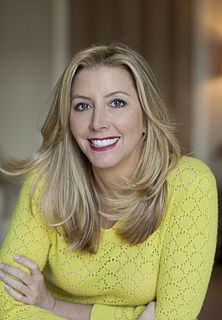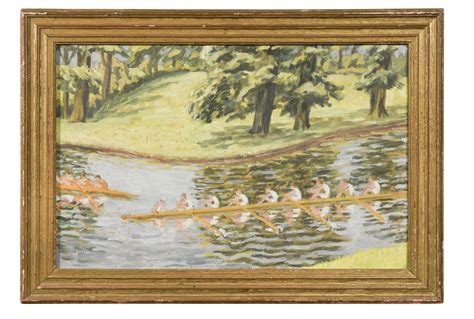A Quote by Jillian Michaels
Try not to say, 'I'm a failure.' Instead, ask, 'What can I do better? What did I do wrong?' Then re-approach.
Related Quotes
When I was growing up, my dad would encourage my brother and I to fail. We would be sitting at the dinner table and he would ask, 'So what did you guys fail at this week?' If we didn't have something to contribute, he would be disappointed. When I did fail at something, he'd high-five me. What I didn't realize at the time was that he was completely reframing my definition of failure at a young age. To me, failure means not trying; failure isn't the outcome. If I have to look at myself in the mirror and say, 'I didn't try that because I was scared,' that is failure.
If the majority of people said I did something wrong, then I must be wrong, and I will think 'I didn't even mean it like that, why are you treating me like this?' But if a lot of people say that I'm wrong and it's not good, then it must be not good. I will say, 'Okay' and then tell myself that this cannot happen again. I have to grasp it and change it for the better.
Ask your child for information in a gentle, nonjudgmental way, with specific, clear questions. Instead of “How was your day?” try “What did you do in math class today?” Instead of “Do you like your teacher?” ask “What do you like about your teacher?” Or “What do you not like so much?” Let her take her time to answer. Try to avoid asking, in the overly bright voice of parents everywhere, “Did you have fun in school today?!” She’ll sense how important it is that the answer be yes.
you may take it from me, that however hard you try - or don't try; whatever you do - or don't do; for better, for worse; for richer, for poorer; every way and every day: the parent is always wrong. So it is no good bothering about it. When the little pests grow up they will certainly tell you exactly what you did wrong in their case. But never mind; they will be just as wrong themselves in their turn.
If you can look back and say, "The economy's better. Our security's better. The environment's better. Our kids' education is better," if you can say that you've made things better, then considering all the challenges out there, you should feel good. But I'm the first to acknowledge that I did not crack the code in terms of reducing this partisan fever.





































